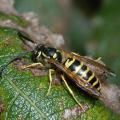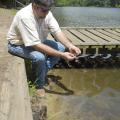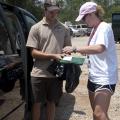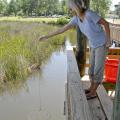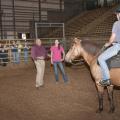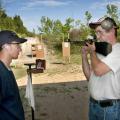Feature Story
Feature Story Archive
- 2025 (28)
- 2024 (120)
- 2023 (114)
- 2022 (115)
- 2021 (105)
- 2020 (141)
- 2019 (127)
- 2018 (141)
- 2017 (199)
- 2016 (242)
- 2015 (320)
- 2014 (358)
- 2013 (374)
- 2012 (344)
- 2011 (248)
- 2010 (239)
- 2009 (229)
- 2008 (189)
- 2007 (210)
- 2006 (199)
- 2005 (224)
- 2004 (218)
- 2003 (228)
- 2002 (177)
- 2001 (184)
- 2000 (190)
- 1999 (182)
- 1998 (179)
- 1997 (188)
- 1996 (58)
- 1995 (36)

